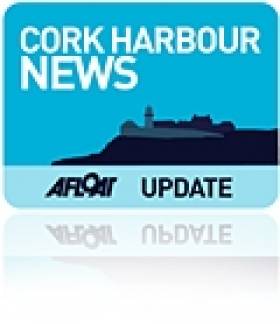Displaying items by tag: website
New Website for Cork Harbour
A new website for Cork Harbour has been launched at CorkHarbour.ie providing up-to-dae information for local residents and anyone who uses the harbour.
The site features videos and photo galleries of habour life as well as links to groups and organisations based in the area, and intends to promote the wide range of things for locals and visitors alike to see and do both on and off the water.
The site also includes links to the harbour's new Twitter and Facebook pages to get the very latest news.
Cork Harbour spans a wide area that stretches from Roche's Point in the east, taking in the city of Cork, all the way to Fort Camden, near Crosshaven, in the west.
For more information visit CorkHarbour.ie.
New Cruising Website lists Marinas & Moorings
A new website has been launched to accompany Brian Keane's book Cruising Ireland - A Guide to Marinas and Mooring Buoys. The book lists details of more than 70 ports and anchorages around Ireland and the website matches the information in the book with information from Google Maps. It will also carry updated pdfs of marine information and a facility for people to submit their own updated information on anchorages.
The website is live at www.cruisingireland.net






























































